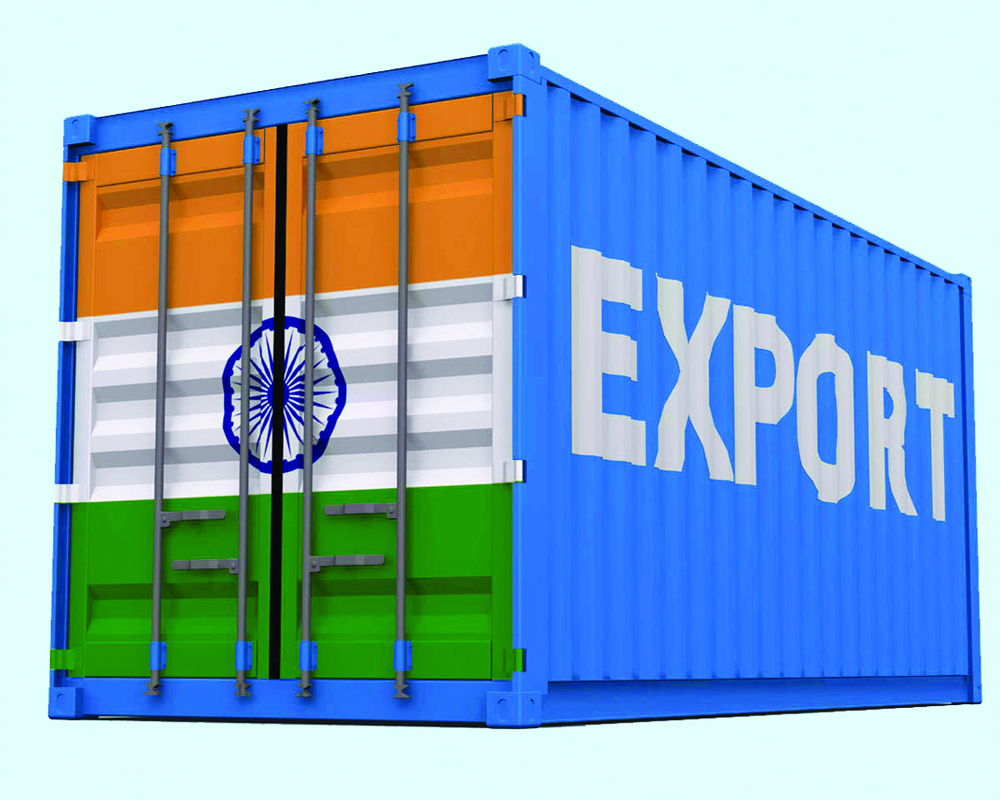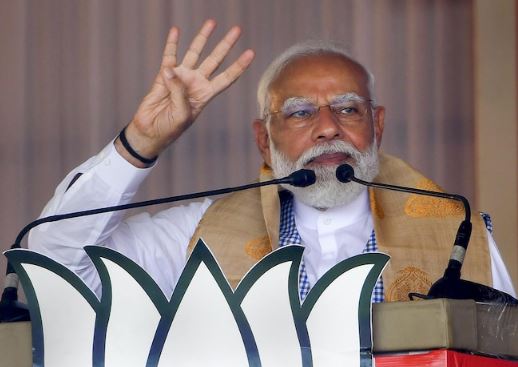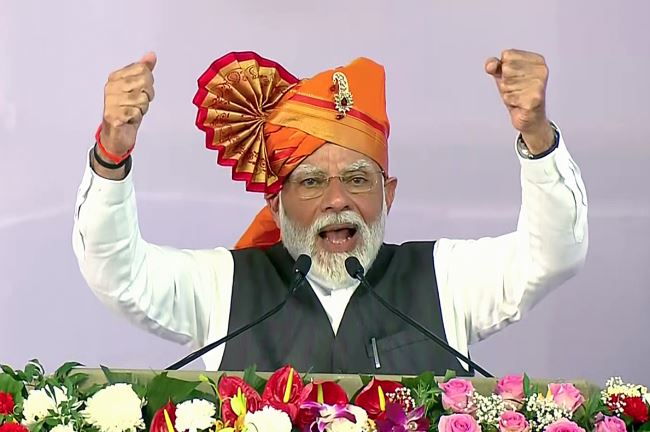There is no immediate threat to India from a World Trade Organisation (WTO) panel’s report recommending withdrawal of its subsidies on exports. The reason is that these subsidies – amounting to Rs 10,448 per tonne in the 2019-20 sugar years (October-September) and Rs 6,000 per tonne for 2020-21 (slashed to Rs 4,000/ tonne in May) – are no longer in place. While they enabled exports of 5.96 million tonnes (mt) and 7.07 mt in these two years, high global prices have ensured continued shipments even without subsidy. Indian mills have already contracted some 3.5 mt of exports and may well do 6 mt-plus in 2020-21. To that extent, the WTO panel’s finding, that India’s so-called lump-sum assistance for exports constitutes “prohibited subsidies”, is like closing the stable door after the horse has bolted. Thanks to the record exports of the last two years, Indian mills have started the new sugar year with stocks of 8.3 mt, against 14.5 mt in October 2019. With an estimated production of 30.5 mt, domestic consumption of 26.5 mt and exports of 6 mt, they should close with stocks of 6.3 mt. That level, equivalent to less than three months’ consumption, would be comfortable from the standpoint of the industry. It would be so for consumers, too, given that factories usually commence crushing operations from early November. The credit for the whittling down of stocks goes to exports and also the Centre’s biofuels programme. The target of 10 per cent average ethanol blending in petrol is set to be achieved, with 3.4 mt of sugar equivalent getting diverted to ethanol in 2021-22, compared to 2.1 mt and 0.8 mt in the preceding two years. More than the pronouncement on export subsidies, it is the WTO panel’s findings about India’s domestic support to sugarcane growers – its allegedly exceeding the permitted 10 per cent level of total crop value – that has profound implications.
In the past few months, the demand of farmers to provide a legal guarantee for the minimum support price (MSP)for their produce has triggered a nationwide debate. Some believe it would be “fiscally ruinous” to procure all the 23 crops for which MSP is announced annually. Others contend that procuring these crops would be a logistical nightmare. There is yet another dimension of this debate that has largely gone unnoticed. Can India provide a legal guarantee for MSP without violating its international law obligations enshrined in the Agreement on Agriculture (AoA) of the World Trade Organization (WTO)?











More Stories
Modi will come with hope in 2024: PM
IPL: For Bumrah every ball wicket-taking delivery
J&K to get statehood, assembly elections not far: PM